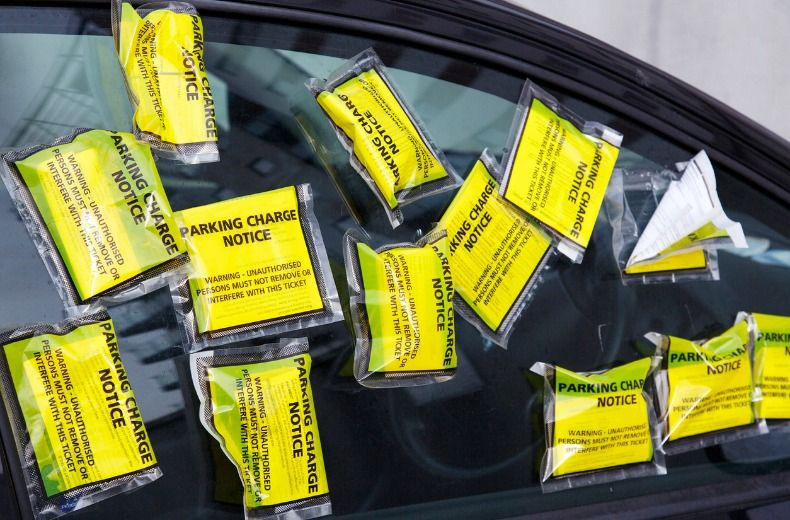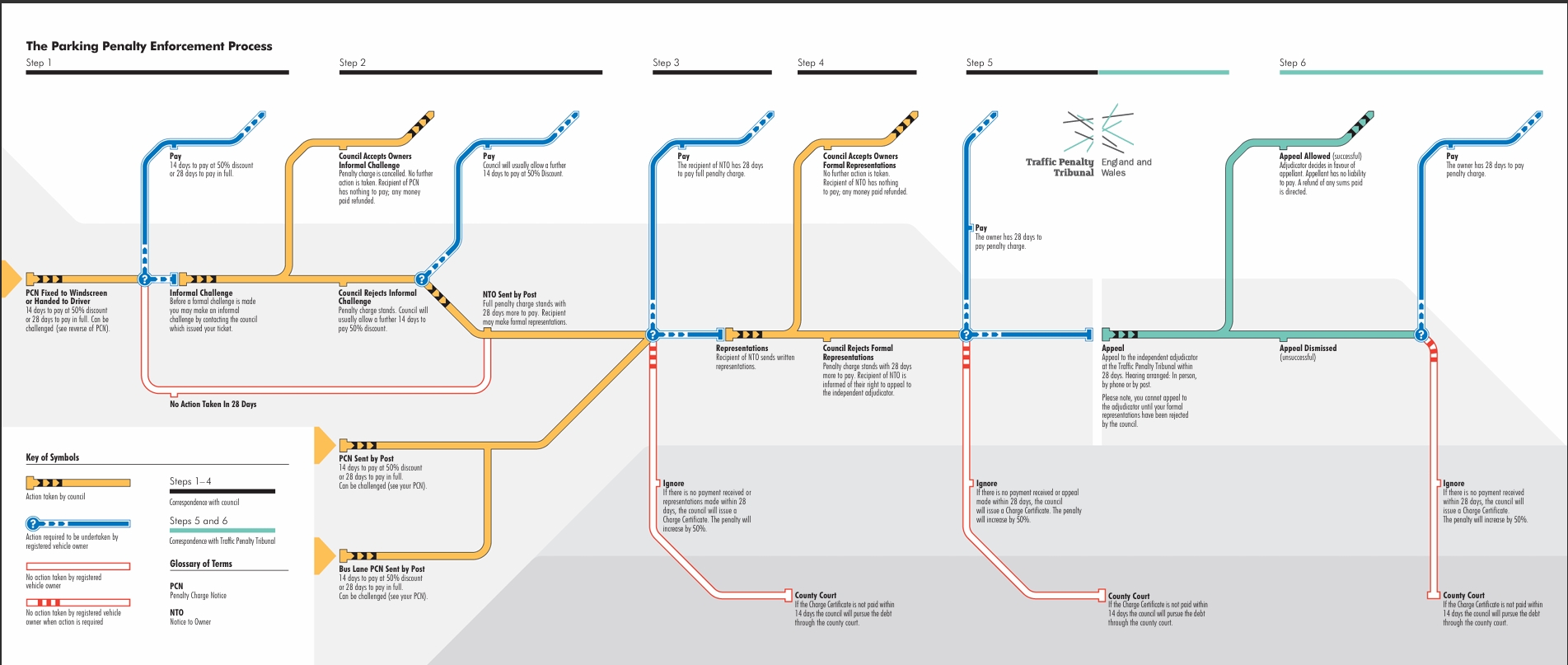Appeal Penalty Charge Notice
Broxtowe Borough Council
PCNs are typically issued for parking and traffic offenses. The exact process can vary between councils, but generally includes:
– Issuing of the PCN
– A period for the recipient to pay or appeal
– An appeals process if the recipient chooses to contest the PCN
– Potential escalation to debt collection if unpaid

For specific information about a particular council’s PCN process, it would be best to visit the council’s official website and look for their parking or traffic enforcement sections. These usually contain detailed information about local PCN procedures.
Issuing of the PCN: A Penalty Charge Notice (PCN) is typically issued when a vehicle is found to be in violation of parking or traffic regulations. This can occur in various situations, such as parking in a restricted area, overstaying in a pay-and-display zone, or entering a bus lane during prohibited hours. The PCN can be issued in two main ways: either attached to the vehicle windscreen by a civil enforcement officer, or sent by post if the violation was captured by CCTV or if the officer was prevented from attaching it to the vehicle. The PCN will contain crucial information including the nature of the violation, the time and date it occurred, the vehicle registration number, and instructions on how to proceed with payment or appeal.
Period for payment or appeal: Once a PCN is issued, the recipient typically has 28 days to respond. This period is usually split into two stages. For the first 14 days (or sometimes 21 days for postal PCNs), there’s often a discounted rate available if the penalty is paid promptly – usually a 50% reduction of the full fine. After this initial discount period, the full amount becomes due. It’s important to note that if the recipient chooses to appeal the PCN, they usually forfeit the opportunity to pay at the discounted rate if their appeal is unsuccessful. However, some councils may still offer the discount if an appeal is made and rejected within the initial 14-day period.

Appeals process: If the recipient believes the PCN was issued incorrectly or unfairly, they have the right to appeal. The first stage of appeal, often called an “informal challenge,” involves writing to the council explaining why the PCN should be cancelled. This must typically be done within 28 days of receiving the PCN. The council will then consider the appeal and decide whether to accept it, reject it, or offer a reduced penalty. If this informal challenge is rejected, the recipient can make a formal appeal, often called a “representation.” If this formal appeal is also rejected, the final stage is to appeal to an independent adjudicator – either the Traffic Penalty Tribunal (for England and Wales outside London), the London Tribunals (for London), or the Scottish Parking Appeals Service (for Scotland).
Escalation to debt collection: If the PCN remains unpaid and no appeal is made (or if appeals are unsuccessful), the council will typically issue a “Notice to Owner” after 28 days. This gives the registered keeper of the vehicle a further 28 days to pay or appeal. If there’s still no response, the council can then issue a “Charge Certificate,” which increases the original penalty by 50%. If payment is not received within 14 days of the Charge Certificate, the council can register the debt with the Traffic Enforcement Centre at Northampton County Court. This allows them to take enforcement action, which may include instructing bailiffs to recover the debt. This can significantly increase the amount owed, as bailiff fees will be added to the original penalty.
It’s important to note that while these steps are typical, the exact process and timelines can vary between different councils and jurisdictions within the UK. Always refer to the specific instructions provided on the PCN and the issuing council’s website for the most accurate information.